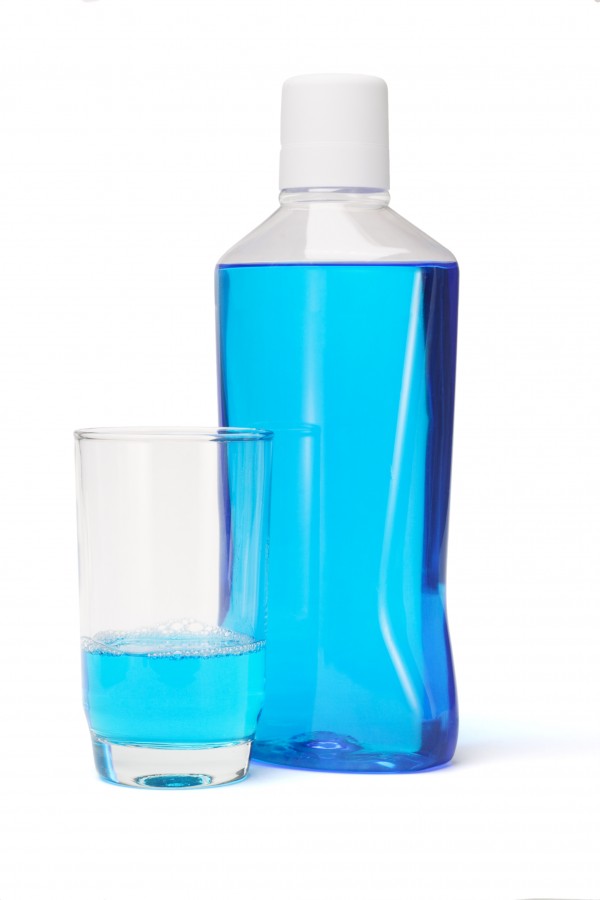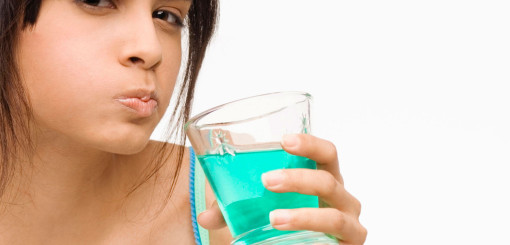PUBLISHED IN TCI WEEKLY NEWS
November 23rd 2013
I am often asked by patients if they should be using a mouthwash and if so, which one should they be using. Mouthwash can be used for several reasons and the requirement for use determines which type I would recommend.
Antibacterial
If I see a specific bacterial infection or sore areas that have the potential to become infected are present, then I would recommend a mouthwash based on chlorhexidine. This is sold under several brand names- your pharmacist will be able to assist you. Chlorhexidine is a very effective antibacterial agent and should only be used under direction from your dentist.
I recommend rinsing twice a day until the bottle is finished. A second bottle must not be used immediately afterwards and Chlorhexidine should not be used as an ‘everyday’ rinse. This is because continued use can result in a fungal overgrowth (oral thrush) once the bacteria has been eliminated. It also binds to the tooth surface and so has a propensity to cause brown staining on the teeth which requires polishing off once treatment is complete.
Anti-Cavity
In adults and children that are experiencing a high rate of decay or have early decay that can be reversed, I recommend a twice daily rinse with a fluoride mouthwash. Rinsing daily with fluoride has replaced the old fashioned application of fluoride gel in a tray.
After Extraction/ Surgery
After tooth extraction, a simple rinse with a warm salt water wash (salt dissolved in warm water) is usually sufficient to keep the area clean and bacteria-free. Excessive rinsing of an extraction socket however can lead to a dry socket which is where the blood clot has been washed out of the extraction socket and can be painful. This can generally be avoided by not ‘over rinsing’, not smoking and allowing the body to work to heal itself.

General Hygiene
Mouthwash is not a replacement for good regular brushing and flossing but if you like a rinse after brushing there are a range of general mouthwashes available from the pharmacy or grocery store. These generally have limited active ingredients but leave a fresh flavor and ‘tingly’ sensation in the mouth. With these products I strongly recommend avoiding anything alcohol-based (some products are up to 30% alcohol) as there is evidence linking these with oral cancer. I would recommend a minty peroxide mouthwash as the foaming action of the peroxide can be effective at loosening any debris between the teeth.